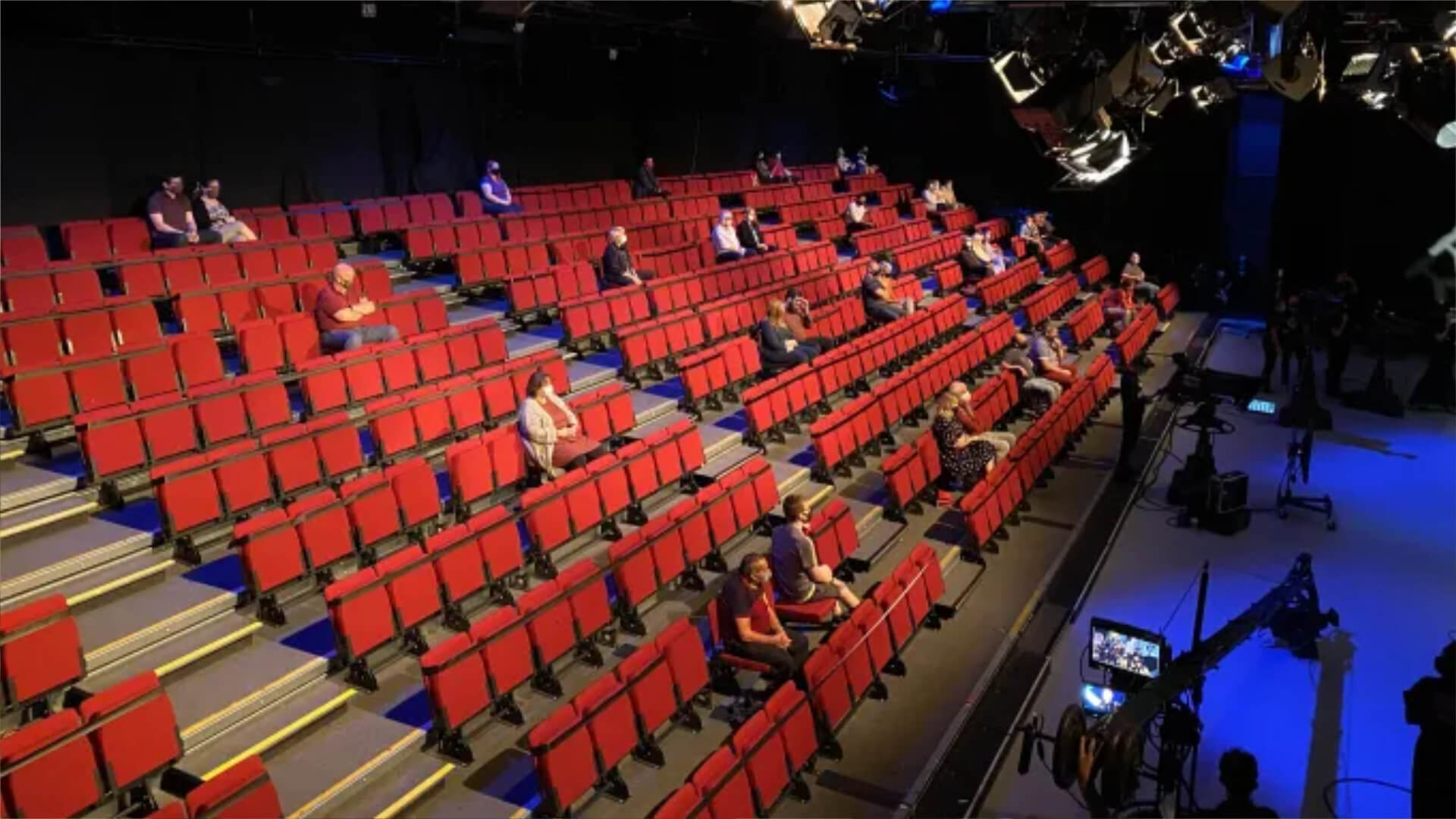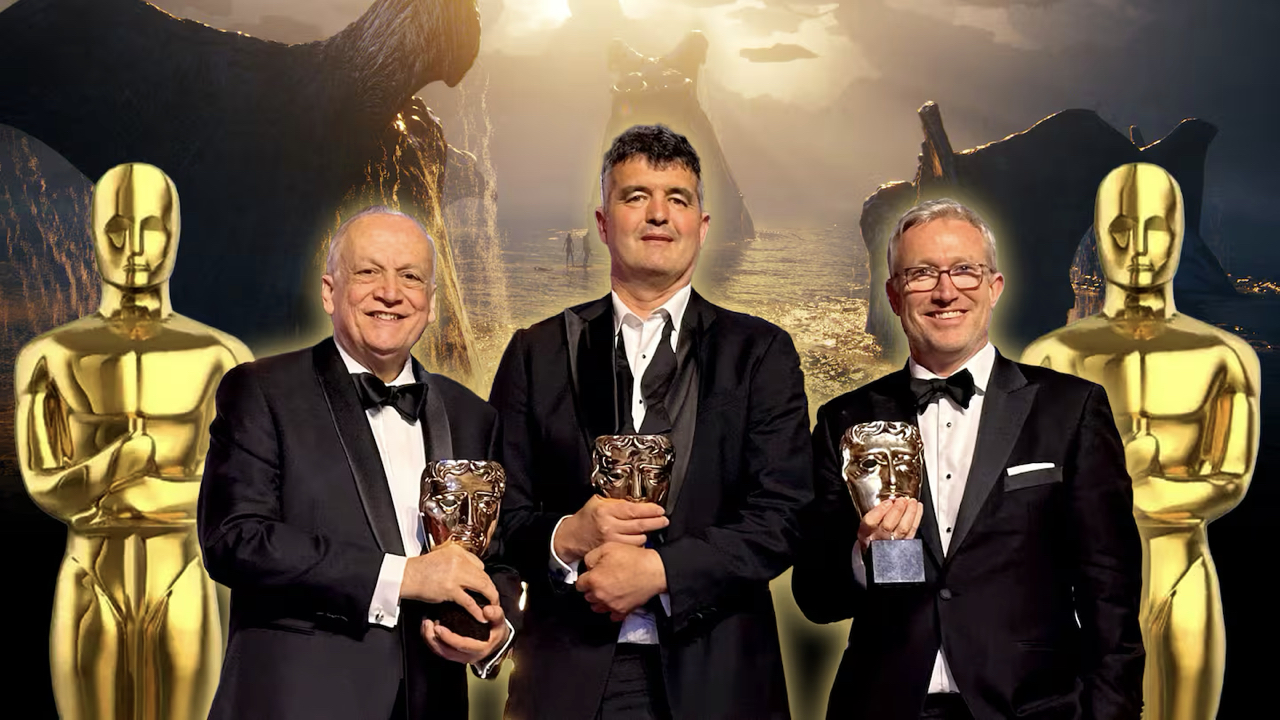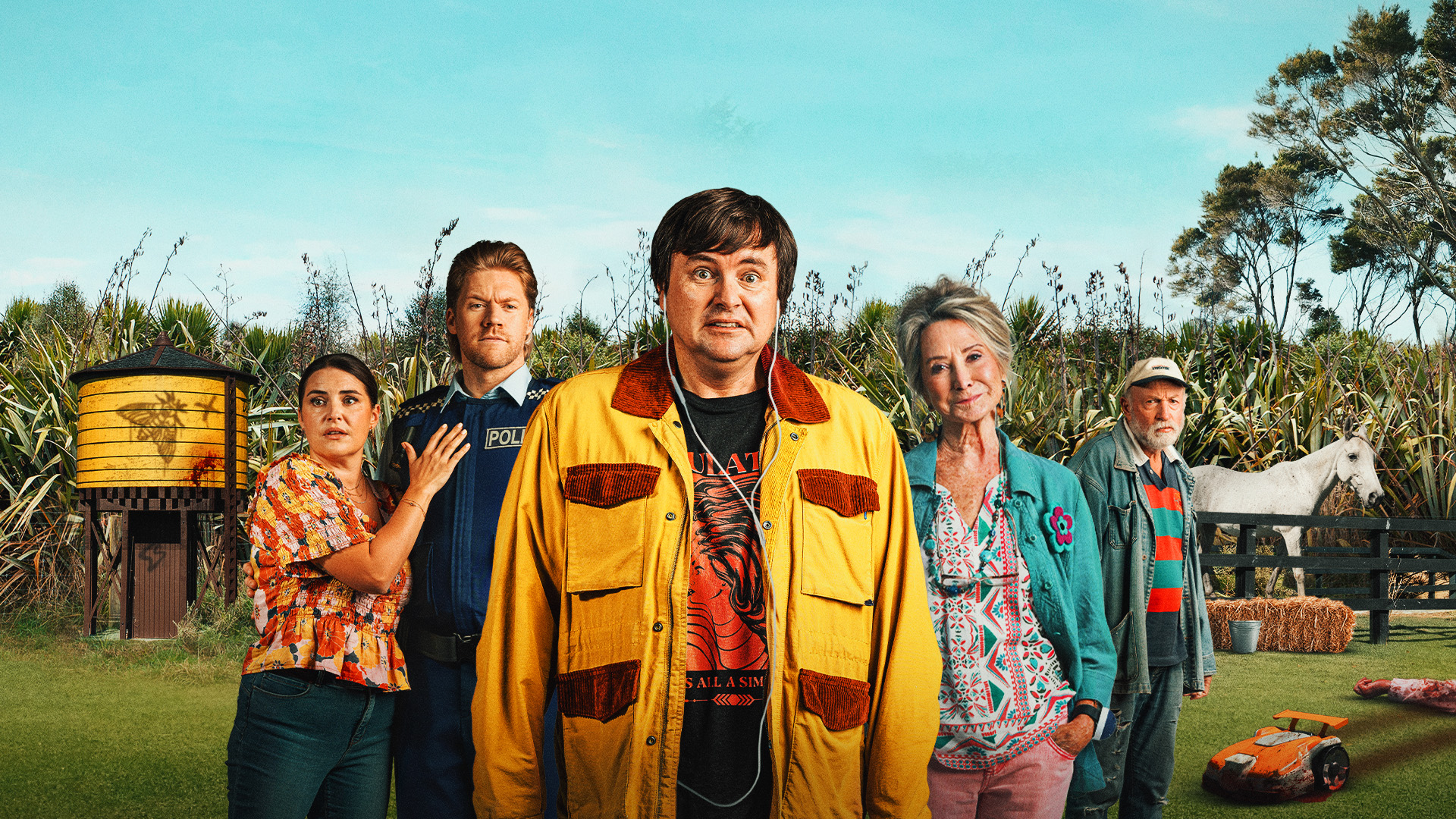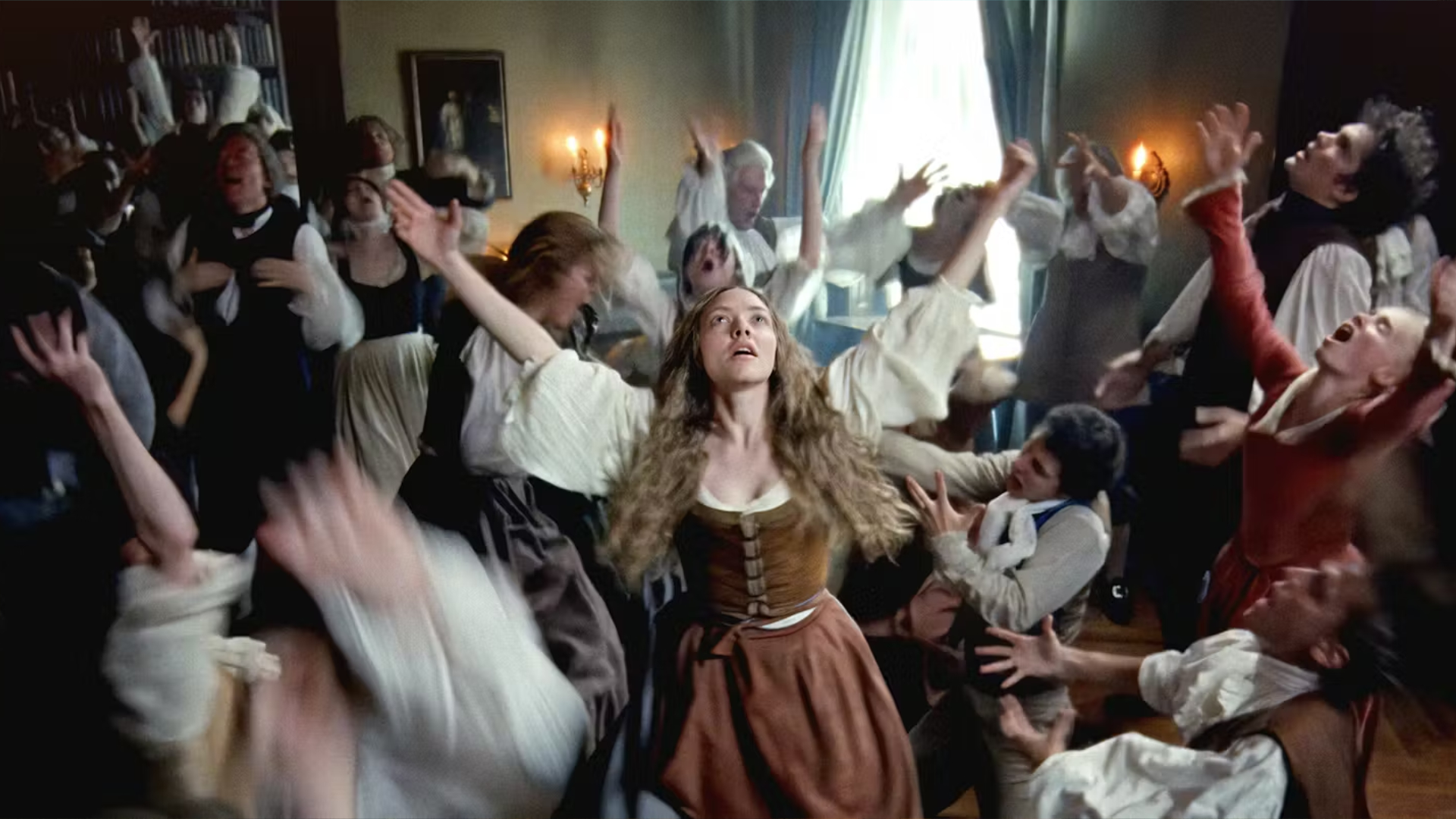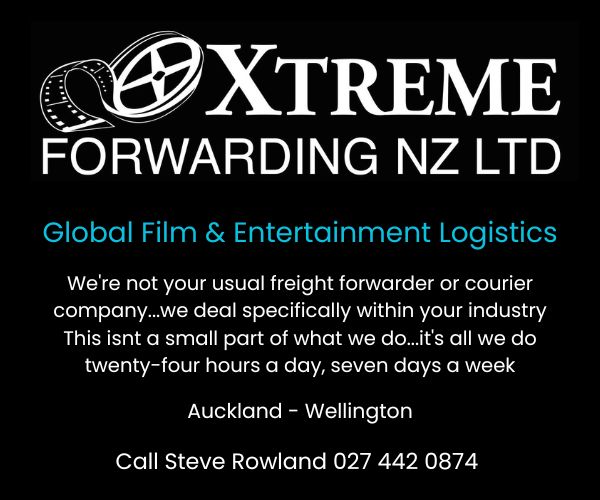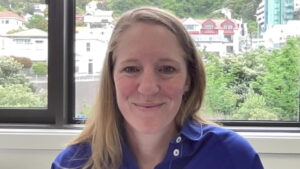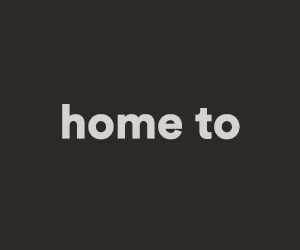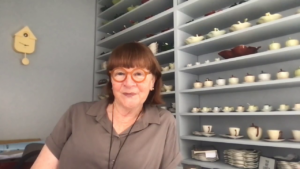When we published last week’s editorial on MCH’s call for submissions on a number of industry-related issues, we expected we’d see some feedback around the issue. Happily, we were right, and we’ve been informed of a range of views on some of the issues the MCH discussion document raised.
As submissions are open until 23 March, we thought we’d take a bit of time between now and then to dive a bit deeper into some of the issues MCH identified and its proposals to address them.
We’ll leave the NZFC-NZOA merger alone for now. Of the five issues, it’s probably the one that could do the most amount of good or damage, so it’s worth a bit of time spent mulling.
This week, we thought we’d chew on the gristly bone of contention that is coming to grips with the changing landscape.
The ground keeps moving
This week NZME announced a bunch of job cuts, many to journalism roles, as the organisation continues to look for ways to remain solvent. The result is likely to push the increasingly news-averse organisation even further away from the actual news gathering and dissemination since its inception, which increasingly is the ironic reality for news-focused organisations.
Also this week, the stalled Fair News Digital Bargaining Bill – which might have offered organisations including NZME some relief – appears to have fallen apart.
The government was following its strategy (‘watch what happens in Australia first’) when the Australian government decided to abandon its principles in favour of kowtowing to suggestions out of the US that any Australian moves to restrict US-headquartered social media platforms unfettered use of any and all Australian news content, could be met with tariffs.
Simultaneously, SPADA was inviting its members to attend some online workshop sessions around the issues up for discussion in the MCH document, noting among other things “The Ministry is progressing the Fair News Digital Bargaining Bill”.
Sadly, it’s now odds-on that the only progress that Bill will make is towards and then into a shallow, unmarked grave. Kinda like Labour’s public media shotgun marriage.
What they say
MCH’s proposal #2: Increasing investment into and discoverability of local content starts on p15 of the MCH Discussion Document, for those who like to sing along.
To increase investment into and discoverability of local content conflates into one section a pair of related but largely separate issues: “investment into” is an industry issue, “discoverability” is a consumer issue.
MCH’s proposed solutions are “that all professional audio-visual media providers including New Zealand TV broadcasters, New Zealand streaming platforms and global streaming platforms would have:
- Local content investment obligations: to invest a proportion of annual revenue in the creation or acquisition of local content.
- Discoverability requirements for local content: to put in place measures to promote and clearly display local content and enable users to find new local content.”
To be fair to MCH, while everyone would always love more money to spend on making stuff and bigger audiences consuming it, the new world brings new problems without any tried and tested solutions, and – unhelpfully, we’d suggest – many of the solutions we’ve heard being advocated for amount to: turn back the clock.
We’d suggest that the discussion is currently focused on addressing symptoms not diseases. More money is always great. Audiences finding NZ content more easily is also great. Neither will deliver the desired outcome of NZ audiences engaging with and enjoying NZ content, unless the money is being spent to make content audiences want to watch.
That might be a topic we should discuss more in relation to the merger of the NZFC and NZOA, as they’re tasked with funding most local content that gets made, but it’s worth keeping in mind here.
Money, money, money
While the MCH proposed solutions aren’t a bad idea, a couple of things are important to understand.
Numero uno: any extra monies raised and funnelled through to the screen industry only represent an increase if government doesn’t reduce its own levels of support, or make changes that would make it harder to access the NZ SPR.
And two: If we accept that productions now have to be made to a higher standard than has been the norm here, if they’re to have any life internationally, the amount being mooted from a levy on streamers (c$25 million/year) isn’t realistically enough to deliver any significant improvement on the present situation if we’re to preserve the quantity of NZ content being made.
The customer is always right
While government gets to decide how and with how many dollars it will support screen production (wherever the dollars come from), it has far less control of audience behaviour.
As the old saying goes, you can lead a horse to water, but you can’t make it drink.
We absolutely welcome the proposals MCH puts forward around helping people find NZ content more easily, but we’re strongly of the opinion that – if we keep on making more of the same stuff – what audiences will be doing is making active choices to watch other stuff, rather than lazily defaulting to other fare because of the difficulty in finding NZ content on some platforms currently.
If Kiwis aren’t sticking with Kiwi content on the NZ platforms like TVNZ+ or ThreeNow, it’s because they’re being enticed elsewhere by what they consider “better” content. If Kiwis have spent enough time on non-NZ platforms to gain a good understanding of what’s available, and aren’t coming back to local content (on local or international platforms), it’s probably because they don’t want Kiwi content – or, to be a little more specific – they don’t want the Kiwi content they’re being offered.
They’re just not that into you
It sucks, and it’s a bitter pill to swallow but, until we do, we can’t change. And, without change, things will continue as they’re going – which is somewhere between downhill and off a cliff.
One of the reasons we all get excited by the success of an After the Party or a Madam or a Brokenwood Mysteries is not because they are successes, but that they’re exceptions to the rule. They’re loved at home and abroad. Somehow, the money cobbled together has delivered something that’s appreciated, and often awarded. As much of the rest of the world’s broadcasting is even more commercially-driven than NZ’s, those wins are all the sweeter.
How great would it be if 5% or 10% or 20% was screening in other countries as well as here?
Often, those productions that succeed overseas come together outside the structures in place to deliver most local content. Two of those three titles received support from the fixed term covid response Premium Production funding scheme. The other took a well-understood, longstanding and successful international TV formula and transplanted it to NZ, always with an eye on selling it back into those overseas territories.
Over a decade ago, this writer tripped down to Wellington to cover the Animfx conference every year. If you’re not familiar with the event, it’s sadly now defunct. It was mostly focused on animated content and game development. Each edition scored some incredible international speakers.
One of the international speakers at one conference, addressing the topic of audience engagement and monetisation of engagement, said (I’m paraphrasing): “There are 3 billion people on the internet. If you can’t find a million of them interested in what you’re doing, you’re not trying.”
There are an awful lot more than 3 billion people online now, but we still consider a piece of NZ content a success if far fewer than a million people engage with it.
It’s a mentality that needs changing, with a fair amount of prejudice. Whatever your part in the process of screen production, the reason to make something is surely for people to watch it (and, hopefully, like it).
Look here
SPADA has taken the position that the streamers have destroyed the business model that’s underpinned the production of much NZ content for a long time, and that streamers should therefore pay to fix the damage done.
We disagree.
If NZ wants Netflix to pay for NZ content, either by levying it to put money into a pot and/or by offering offering credit for money spent on NZ productions via commission or acquisition, it’s doable – but we’d prefer Netflix partner with NZ companies or create a local prodco of their own to make that happen rather than just pour money into the government’s coffers that might pay for something people might want to watch.
Netflix and the other global streamers are, after all, pretty good at making content lots of people want to watch. We might learn a thing or two.
In conclusion
We agree that the solutions MCH proposes will improve discoverability. We disagree that they’ll increase the amount of local content being made, because that’s dependent on other factors as well.
Defining local content will be the biggest challenge. It’s an endless game of whack a mole. NZ content has received state support for 50 years and there still isn’t a definition of it that everybody feels comfortable with, so the clouds aren’t going to part for a shaft of divine definition now.
MCH’s suggests it’s “content that reflects New Zealand stories, places, voices and faces. Relevant factors could include if the subject of the content is New Zealand or New Zealanders, if New Zealanders hold key roles in production and if it is filmed in New Zealand.”
It sounds like another points test in the making.
Of course, there does have to be a definition (if only to decide what gets to apply for the NZ SPR’s 40% rebate and the International SPR’s 20-25%) but, cynically, one could say that a lot of people are currently going to an awful lot of effort so we can continue to make more of the stuff that NZ audiences have been moving away from in increasing numbers for over a decade.
Why, if we take any pride in our work as creators, would we consider that a desirable outcome?
As noted earlier, this is a problem that doesn’t necessarily have a solution. But it’s also an opportunity – to make stuff that audiences want to watch. By the definition that NZ content is content made by New Zealanders, everybody wins.
If you’ve got your own ideas, please share them and – if you want to make a submission to MCH – use this form or email your comments to mediaandscreen@mch.govt.nz



